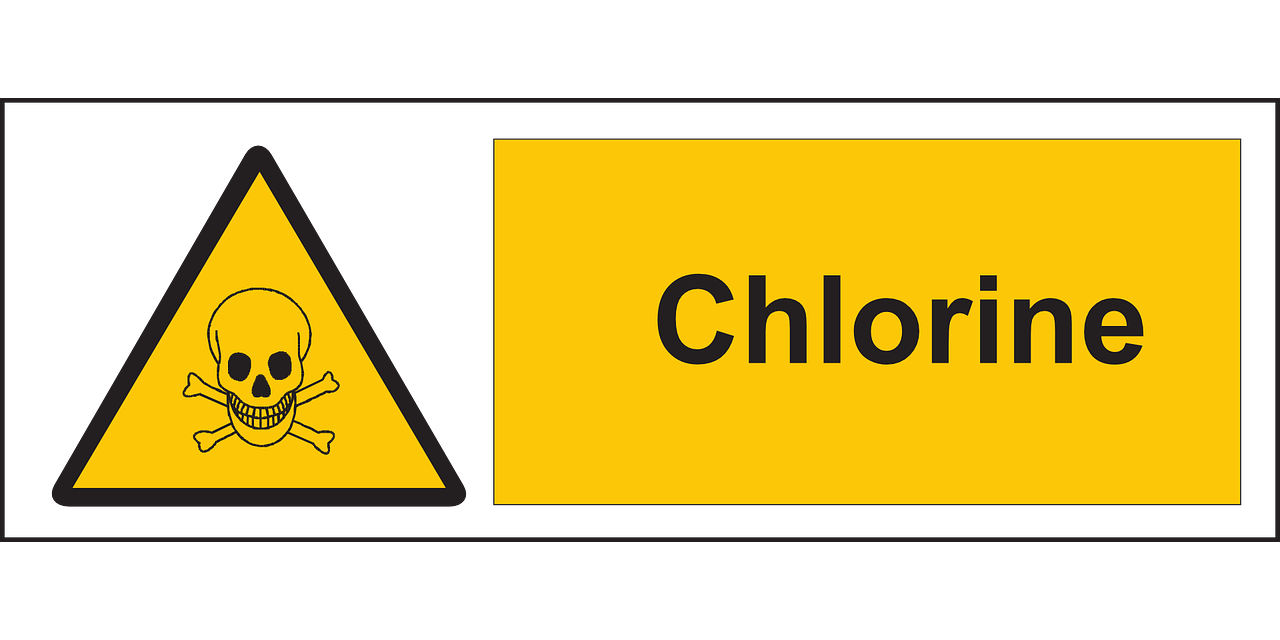Deregulation – can it be undone after independence?
 I saw an interesting Twitter thread by Sean Jones QC the other day. Here’s a shortened version:
I saw an interesting Twitter thread by Sean Jones QC the other day. Here’s a shortened version:
The think tanks and pressure groups that have pushed for Brexit (and with which so many of the leading Brexiter ministers have been associated) are free market groups. They believe in a small state, low tax and, most significantly, de-regulation.
But haven’t Brexit advocates insisted that standards will not be diluted? Yes. That’s because they have a problem: standards are popular. The small state, low tax, low regulation vision is one they can’t sell to British voters. Brexit is a popular means to an unpopular end.
But understanding that de-regulation is their goal begins to make sense of what is otherwise an uncomfortable whipsawing about in Govt behaviour. Why do we have one MP assure us we would never accept chlorinated chicken whilst another is telling us that refusing to eat it would be no more than elitist snobbery?
It helps to ask another question: If you had a popular means to an unpopular end and felt no particular compunction about concealing your motives, what would you do? What you’d do is see the means through to completion as fast as you possibly could. In other words, you do whatever was necessary to get out asap. You’d also take no deal over a deal which limited your ability to de-regulate. Otherwise, what would it all have been for?
The economic harm caused by no deal becomes the rationale for doing what you always wanted to do. Increased unemployment becomes the justification for making employment more “flexible” by reconsidering employment rights.
Prediction: De-regulation will be presented as the vital rope ladder out of the hole we have dug for ourselves.
I’m not fully convinced that deregulation is the only thing motivating the core Brexiteers – I’m certain there are some disaster capitalists amongst them who’re going to make a fortune from the catastrophe, and yet others might have fascist tendencies – but let’s put that to one side in this blog post.
If Sean Jones is right and the Tories are going to unleash a deregulation deluge on the UK, it will have huge consequences in Scotland. We shouldn’t forget that the Internal Market Bill will mean that Holyrood won’t be able to do a thing about it – all the relevant legislation will simply ignore devolution and apply directly in Scotland.
That’s bad enough in its own right, but it will also make it much harder for Scotland to join the EU (or EFTA) after independence. At the moment, joining the EU’s Internal Market would be a piece of cake because Scotland and the rUK still tick all the boxes during the transition period. But every single EU law or regulation that the Tories get rid of after 1st January 2021 will be something that Scotland will need to reintroduce in order to rejoin.
Also, a lot of companies will take advantage of the new lack of regulations, and they will of course have a vested interest in arguing against independence, warning their workers that their jobs will move to England after independence.
And if the Tories privatise the Scottish NHS, all the companies buying up the pieces will of course sue for compensation if Scotland tries to recreate a state-run health system after independence.
Maybe the Scottish government could issue a statement saying that after declaring independence, Scotland will not recognise any law or regulation that was pushed through as part of the UK Internal Market Bill against the will of the Scottish Government and Parliament, and that no compensation will be paid to any individual or company incurring a loss due to this massive repeal of UK Internal Market legislation post-independence.
I don’t know whether this would work out legally. I just know that the Tories are about to make Scottish independence a lot harder.
It would have been so much easier if just we already had held indyref2 so that Scotland could declare independence on 1st January 2021 and remain a member of the EU Internal Market instead.